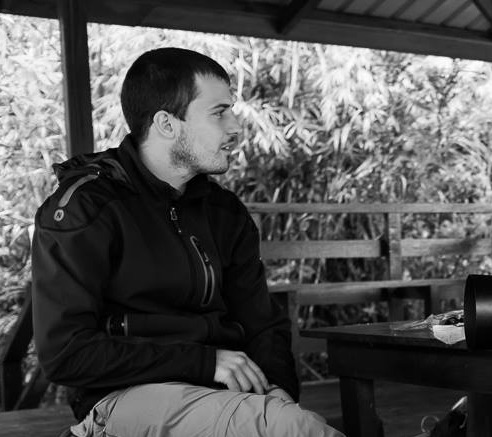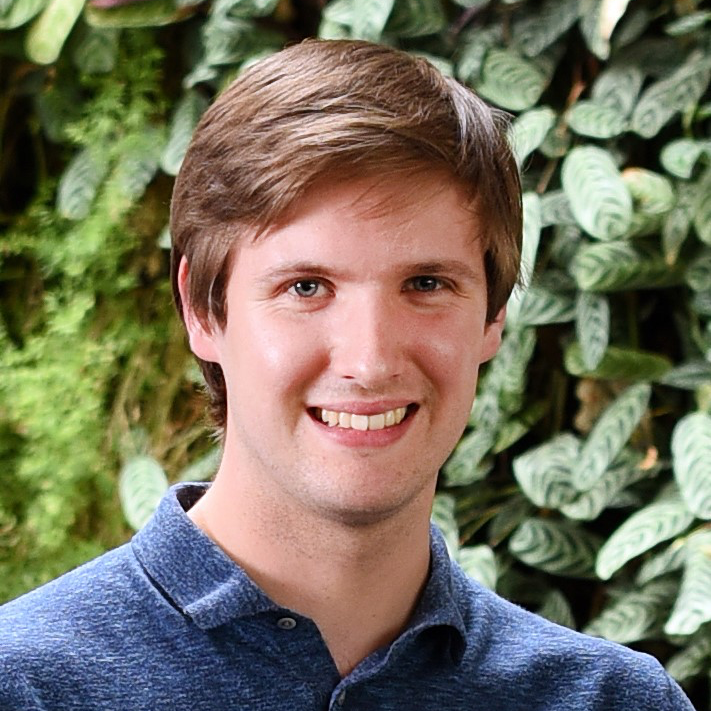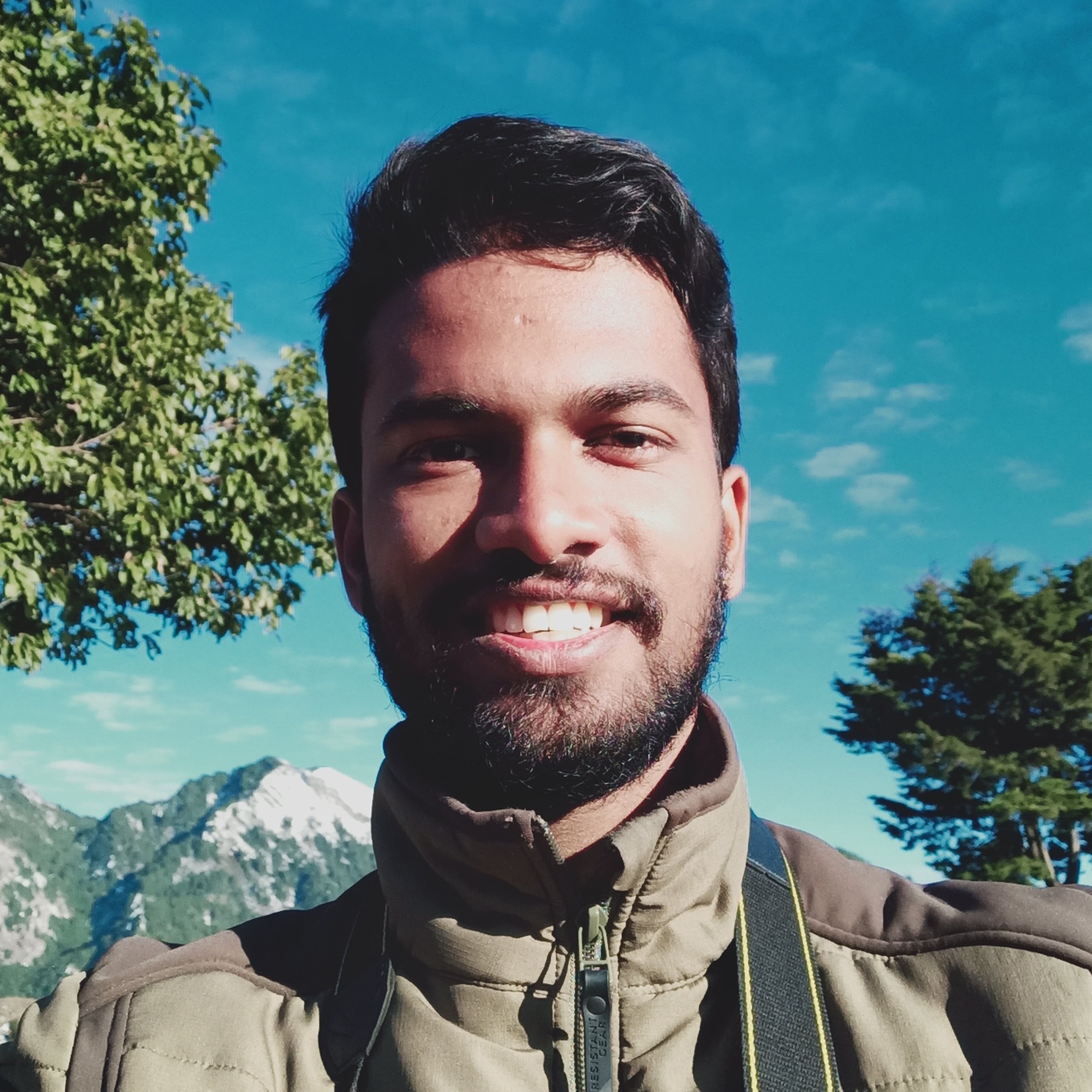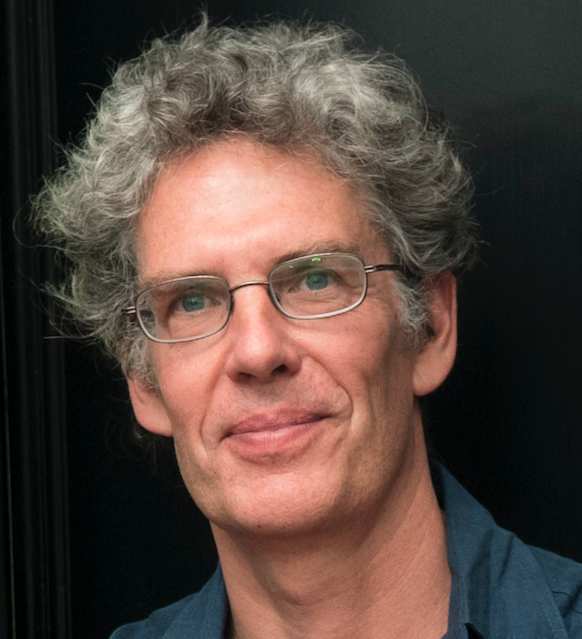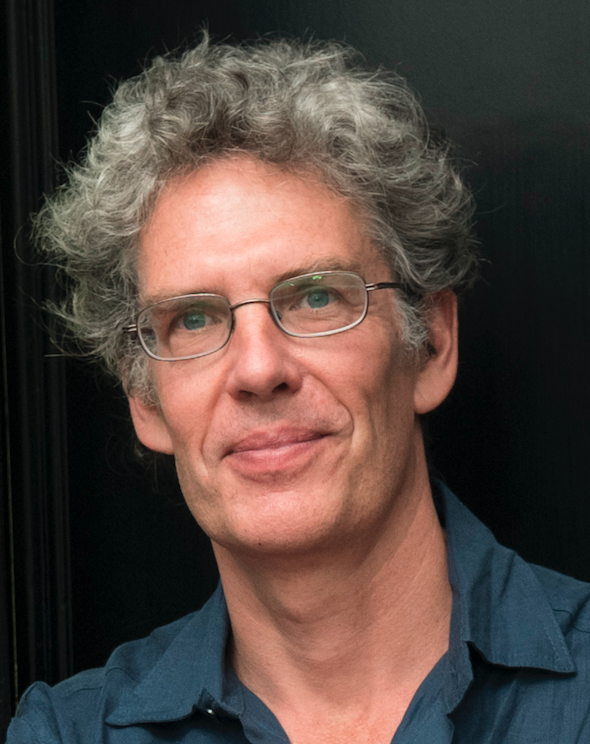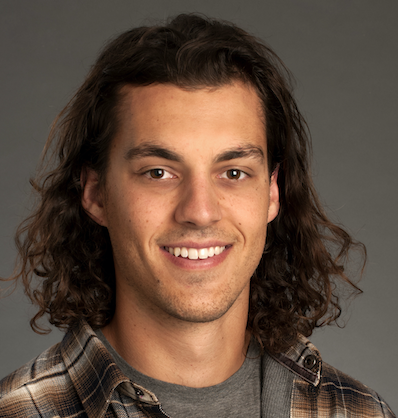SORTEE member voices – Miguel Camacho
[SORTEE member voices is a weekly Q&A with a different SORTEE member]
Name: Miguel Camacho.
Date: 02 July 2021.
Position: Postdoctoral researcher.
Research and/or work interests: I hold a PhD in conservation genetics and evolutionary biology. I am interested in using genetics and ecology to understand the origins of biodiversity and how to preserve it. I worked with mammals from Borneo and amphibians from the Iberian Peninsula. I am enthusiastic about data science and reproducible research. At the moment I am working on applied agriculture at IFAPA, Sevilla: metabarcoding of soil microbiome.


